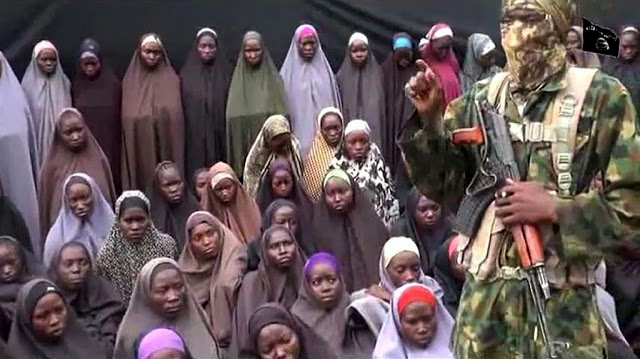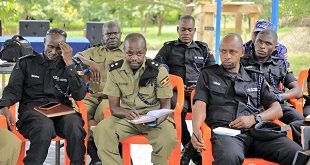
Lagos, Nigeria | AFP | Boko Haram’s abduction of 110 girls in northeast Nigeria has prompted fresh fears about safety at schools, nearly four years after a similar kidnapping led to promises of better security.
The disappearance of the students from Dapchi, in Yobe state, on February 19, also threatens access to education for girls in a region already plagued by low levels of school attendance.
The Nigeria Security and Civil Defence Corps (NSCDC) said last weekend it had sent 250 “armed operatives” to provide security in the 30 public secondary schools in Yobe.
Five hundred others were sent to neighbouring Borno state and a further 400 to Adamawa state, according to the head of the paramilitary group, Abdullahi Muhammadu.
But Alhaji Deri, whose daughter, Aisha, is among the missing, and students who escaped the kidnapping said the increased security came too late for Dapchi.
“No parent will send his daughter back to that school, even those whose daughters escaped abduction. If there is any other school that is secure they will go,” said Deri.
“But not that school because we are not guaranteed their security.”
Fatima Bukar, 13, said: “If I’m taken to a safe school, I’ll go. But I’m certainly not going back to that school.
“The thought of my abducted schoolmates won’t allow me to have peace and study. My elder sister and 10 classmates are among the kidnapped students.
“I can’t go back to that school even if it is reopened.”
– ‘Dereliction of duty’ –
The last mass kidnapping, which saw more than 200 girls kidnapped from their school in the Borno town of Chibok in April 2014, led to numerous pledges to improve security.
Among them was the “Safe Schools Initiative”, launched in May 2014 by the UN special envoy on education, Britain’s former prime minister Gordon Brown.
The scheme helped nearly 50,000 children affected by the conflict, including moving vulnerable students in high-risk areas to safer parts of the country.
When President Muhammadu Buhari took office in 2015, it became part of the Presidential Committee on the North-East Initiative, which seeks to coordinate humanitarian and development activities.
But the PCNI said on its website the Safe Schools Initiative and others like it “have now been wound down”, despite calls from campaigners to revive the scheme.
Committee spokesman Alkasim Abdulkadir said that 2,000 students from hard-to-reach areas and danger zones were transferred from the northeast to 43 schools elsewhere in the country.
The transfers pre-dated the inauguration of the PCNI in October 2016, he added.
Teachers in Yobe, particularly those at girls schools, have reported seeing no change in safety measures on the ground.
Sesugh Akame, from the #BringBackOurGirls campaign group set up after Chibok, said there had been “absolutely no improvement” in school security.
“Schools remain vulnerable. Successive administrations have not prioritised it. Why, no-one can explain,” Akame added, calling it a “dereliction of duty”.
 The Independent Uganda: You get the Truth we Pay the Price
The Independent Uganda: You get the Truth we Pay the Price


